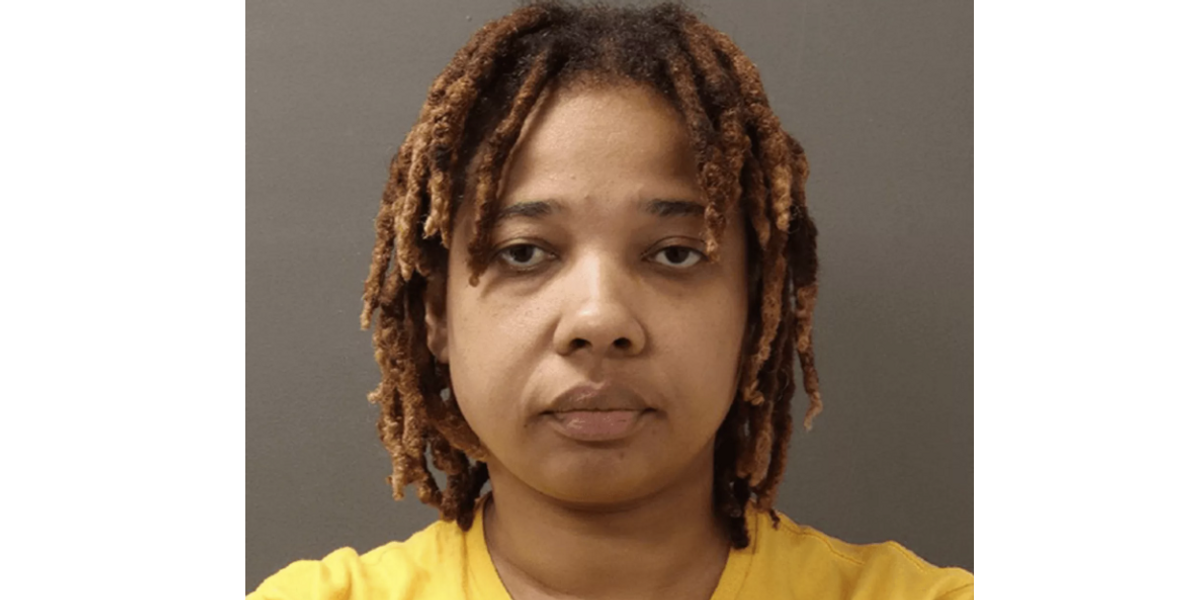Homeland Security Secretary Kristi Noem has made headlines by shutting down the controversial Quiet Skies program, which she says did not prevent any terrorist attacks. Critics, primarily Republicans, have argued that the program unfairly targeted political opponents of the Biden administration, such as Director of National Intelligence Tulsi Gabbard, while sparing certain elites. Despite the program’s termination, the Department of Homeland Security (DHS) announced that the Transportation Security Administration (TSA) will continue its essential duties, like verifying traveler identities through REAL ID.
Noem has been vocal about her views, stating the Quiet Skies program was used by the Biden administration as a tool against its adversaries while protecting their privileged allies. She emphasized that under the Trump administration, TSA’s focus will be redirected solely to ensuring the safety and security of travelers. Her commitment includes upholding the principles of integrity, privacy, and equality in the application of the law across the board.
The call for a Congressional investigation by Noem highlights her concerns about the program’s impact on national security and its financial burden on taxpayers, costing around $200 million annually. This decision to end the program also comes in the wake of allegations against Democratic New Hampshire Senator Jeanne Shaheen, accused of using her influence to remove her husband from a watchlist. Such instances have fueled Republican claims of corruption within the Democratic ranks.
Fox News and other conservative outlets have echoed Noem’s concerns, pointing to the potential misuse of the program for partisan purposes. The Quiet Skies program, under scrutiny, has faced criticism for being more of a political tool than a security measure. The GOP’s stance is that the program was manipulated to serve the interests of the Democrats, betraying the trust of the American people.
Noem’s strong stance reflects a desire to bring back transparency and fairness in government operations, a sentiment shared by many conservatives. This move is seen as a step towards eliminating programs that can be exploited for political gain. The focus remains on ensuring that security measures serve their intended purpose without infringing on individual rights.
The controversy surrounding the Quiet Skies program has also brought attention to the broader practices within TSA and DHS. Conservatives argue for a return to core values, where government programs are held accountable and serve the public interest. The termination of this program is viewed as a corrective measure to align TSA operations with its fundamental mission.
Republican leaders have applauded Noem’s decision, seeing it as a courageous move against bureaucratic overreach. The emphasis is on restoring trust in government institutions by eliminating biased practices. By calling for a Congressional investigation, Noem seeks to uncover any potential misuse of power and ensure that such practices are not repeated.
Newsmax has highlighted the financial implications of the program, noting that taxpayer money should be used efficiently and effectively. The closure of Quiet Skies is seen as a positive step towards fiscal responsibility and prioritizing essential security measures. The Republican viewpoint is that government should act as a steward of public funds, ensuring they are used to enhance, not undermine, national security.
The call for transparency and accountability resonates with many who are concerned about government overreach. By shutting down the Quiet Skies program, Noem aims to set a precedent for how security programs should operate—free from political manipulation. This action reinforces the importance of maintaining checks and balances within government-run programs.
Critics of the program have long argued that it lacked oversight and clear objectives, serving more as a political instrument than a security initiative. The decision to end it reflects a broader desire for reform within security agencies. Conservatives continue to advocate for policies that prioritize the safety and freedoms of all Americans without bias.
The decision to close the Quiet Skies program underscores a commitment to upholding the law impartially. It’s a response to concerns about political favoritism and the misuse of resources. Ensuring that security programs genuinely protect citizens is a priority for Noem and her allies.
The ongoing debate about the role of government in security measures is fueled by actions like Noem’s. Her determination to investigate and address potential abuses of power highlights the need for vigilance in government operations. The focus remains on safeguarding American values and ensuring equal treatment for all.
As discussions continue, the emphasis on transparency and accountability within TSA and DHS will likely shape future policies. The Republican perspective is clear: government programs must operate with integrity and purpose. Noem’s actions serve as a reminder of the importance of adhering to these principles in public service.
The closure of the Quiet Skies program is a significant development in the ongoing conversation about government accountability. It raises questions about the balance between security and political interests. Noem’s leadership in addressing these issues is seen as a step towards restoring public trust in government institutions.
With the program’s end, there is a renewed focus on how security measures are implemented and monitored. The goal is to ensure that they serve their intended purposes without being co-opted for political gain. This move reflects a broader commitment to protecting the rights and freedoms of all Americans while maintaining national security.



